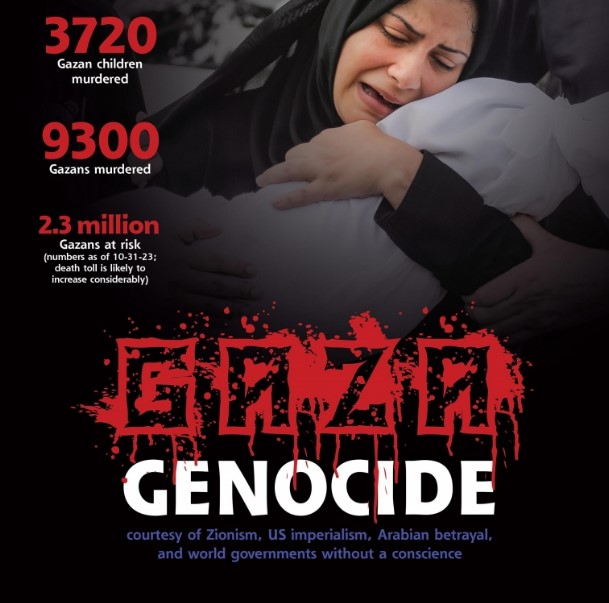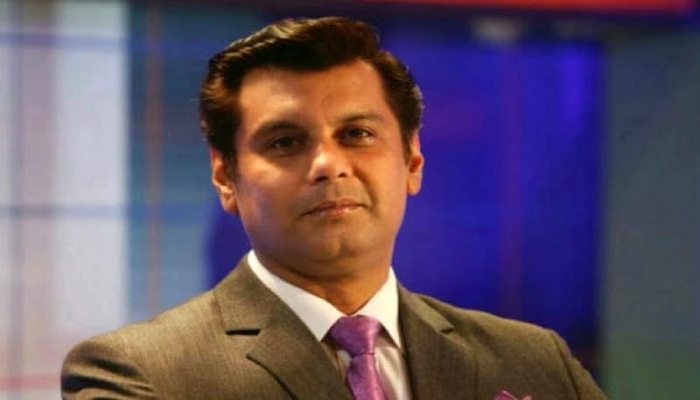Russia and Pakistan - A great shift has been witnessed in Pakistan-Russia relations lately
0 comments | by Admin

Geopolitica.Ru is republishing the extensive interview on Russian-Pakistani relations that Andrew Korybko gave exclusively to Mr. Muhammad Taimur Khan of the Institute of Strategic Studies, Islamabad (ISSI), and which was published in the July 2017 edition of The Diplomatic Insight.
1. A great shift has been witnessed in Pakistan-Russia relations lately. In your opinion, what are the reasons behind this change in the attitude of both the countries towards each other (given the soured relations between both countries in the past)?
Russian strategists and decision makers conceptualize their country’s 21st-century geostrategic role as being the supreme balancing force in the Eurasian supercontinent, owing both to Russia’s opportune position on the landmass and its history of leadership. This role can’t be fulfilled if Russia has problems with any of its counterparts in Eurasia, hence the urgent need to rectify any existing issues and enter into rapprochements with those parties. It certainly helps if there’s an overlap of contemporary interest in doing so, such as there is with Pakistan nowadays concerning the War on Afghanistan and the China-Pakistan Economic Corridor (CPEC), the latter of which is understood more broadly by Russia as advancing the trend of Eurasian integration and is therefore in alignment with the country’s grand strategy.
To delve more deeply into the case of Russian-Pakistani relations, it must be understood that Moscow’s envisioned balancing role forms the guiding philosophy behind all of its outreaches towards Islamabad, and that all other convergences of interest proceed from there. Daesh (also known as ISIS/ISIL/IS) has dangerously moved into Afghanistan over the past couple of years, and this presents a pressing threat to the security of the Central Asian Republics, some of whom have mutual defense agreements with Russia (Kazakhstan, Kyrgyzstan, Tajikistan through the CSTO) or are part of the same general integration organization (all of the aforementioned plus Uzbekistan as per the SCO).
Russia fears being drawn into a Central Asian anti-terrorist quagmire and would prefer to proactively defeat terrorism in Afghanistan through the use of secondary forces, whether the Kabul government or more recently the interest in passively supporting the Taliban in this capacity. The costs of losing the anti-terrorist struggle in Afghanistan would be enormous for Russia, since the consequent destabilization of the Central Asian Republics would trigger an unprecedented humanitarian crisis in the region which would likely manifest itself as a human tidal wave of refugees flooding over Russia’s largely unprotected steppe-Siberian border with Kazakhstan. For all intents and purposes, this could end up dwarfing the recent migrant crisis from the Mideast to Europe, and the strategic damage that this could wreak on Russia justifies describing the process in Harvard researcher Kelly M. Greenhill’s terms as “Weapons of Mass Migration”.
Therefore, it is of time-sensitive necessity for Russia to engage with Pakistan in cooperatively working towards a political solution to the War on Afghanistan, understanding that Islamabad must be an inseparable part of any conflict resolution process there. Moreover, the entrance of Daesh to the Afghan battlefield has completely changed Russia’s calculations towards that conflict and has encouraged it to see the pragmatism of Pakistan’s long-held position that the Taliban are effective anti-terrorist fighters which must be incorporated into any eventual solution to the war. All in all, the Afghan conundrum takes precedence in inspiring the Russian-Pakistani rapprochement and determining the contours of their future engagement, but there’s also another factor which must be included in the analysis as well, and that’s the premier role that the South Asian state is slated to play in the future of Eurasian integration.
CPEC has the very real potential of turning Pakistan into the zipper of pan-Eurasian integration because of the prospects that it holds for linking together China, the Russian-led Eurasian Economic Union (EAU), Iran, and SAARC, and furthermore it’s the flagship program of China’s One Belt One Road (OBOR) global vision of New Silk Road connectivity. OBOR has full strategic complementarity with the EAU and SCO, and it represents the practical hard infrastructural manifestation of Russia’s own Eurasian integration vision. Although CPEC won’t directly run through Russian territory, there’s the possibility that branch routes could be extended through Xinjiang to Central Asia and beyond in order to eventually connect to Moscow. Also, Russia’s “Pivot/Rebalancing To Asia” could see the Xinjiang-bordering Siberian territory of the Altai Republic connected to CPEC through a northern-focused branch route as well. This could help Russia develop its Asian/Siberian region by giving the largely landlocked resource-rich area access to the global marketplace.
To wrap it all up, Russia’s grand strategic vision of becoming the supreme balancing force in the Eurasian supercontinent motivated its leadership to look beyond its historical issues with Pakistan and bravely commence a game-changing and comprehensive rapprochement with Islamabad in order to tackle the common challenge of the War on Afghanistan (particularly after Daesh’s entrance to the battlespace) and work together in a win-win partnership through CPEC.





